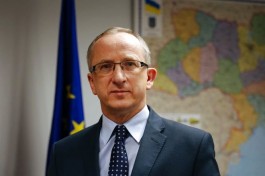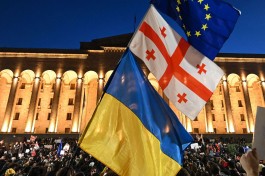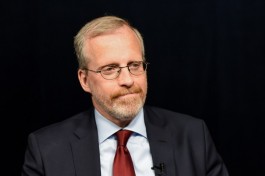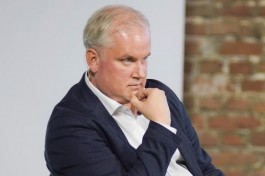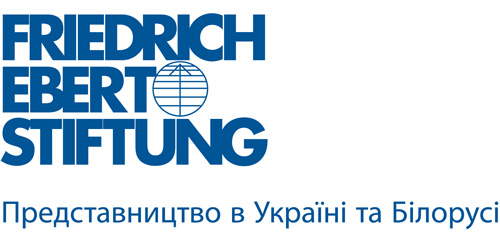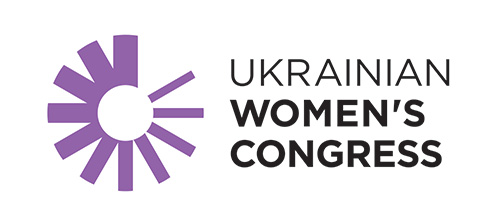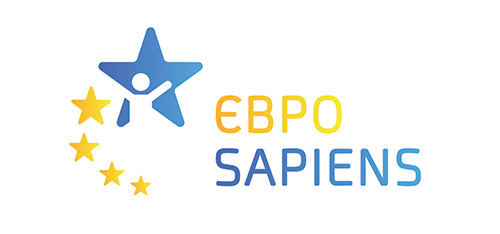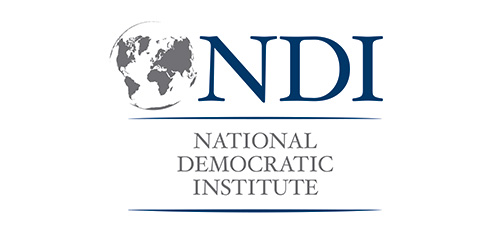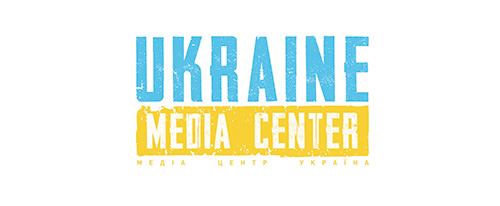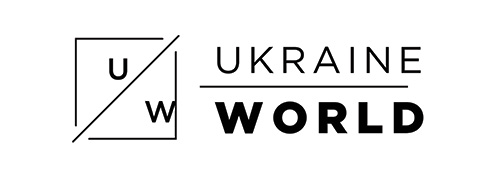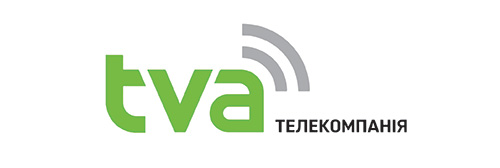Germany with Ukraine, and it is for a long time
„The essential ingredient of politics is timing“, the late Canadian Prime Minister Pierre Trudeau once said. And I could not agree more. I have lived and worked in Ukraine for over a decade in total, and since 2019 as the German Ambassador. I therefore had the honour to witness the most consequential events in Ukraine’s independent history on the ground and follow how my country’s relationship with Ukraine became closer and closer.
It is said that Germans are very punctual. However, only few of my Ukrainian friends would argue that Germany always got the timing right in our support to Ukraine’s struggle against Russian aggression. Can I agree with them? It was on February 27, 2022 that Chancellor Olaf Scholz spoke before the Bundestag, our national parliament, of the now famous “Zeitenwende”, an epochal change both in international politics and in German foreign policy. Three days after Putin’s heinous full-scale invasion of Ukraine Germany broke with its decades-old policy and announced that it would deliver arms to Ukraine in defence of freedom and democracy. I think that was a timely decision.
Germany took the right steps after that day. But since we Germans are not only said to be punctual but also thorough, some of our decisions on military support took a while. And I do truly understand Ukrainians’ impatience with that, given the existential threat the country has been facing since February 24, 2022.
As of now, our support to Ukraine – financial, humanitarian and military combined – is second only to the assistance provided by the United States of America.
In many areas, however, our support actually predates Russia’s full-scale invasion. Since the beginning of Russia’s war in 2014, we have been a close partner to Ukraine, for example in securing housing, providing social and administrative services, as well as psychosocial support for internally displaced people who fled the parts of Luhansk and Donetsk Oblast that fell under Russian occupation. In another field, no less important, Germany helped develop the anti-corruption „Prozorro“ tool for public procurement in 2016. And our multi-million Euro support to one of the most important Ukrainian reforms, decentralization, started as early as 2015.
Thanks to coming in early on those issues, we could quickly and efficiently adjust our activities to the new reality of the full-scale war. In mid-April, together with my EU colleague, I visited newly-built modular houses in the Chernivtsi region. In light of Russia’s strikes against Ukrainian energy facilities, we equipped those EU-financed housing units with solar panels and batteries, to provide for independent energy supply. As early as April 2022 U-LEAD, our multi-year project on Ukrainian decentralization co-financed with the EU, could leverage its excellent relations to more than 250 hromadas to provide reconstruction kits, including generators and tools, in order to assist where help was desperately needed.
Housing for people who have lost everything to Russia’s terror, anti-corruption reforms and decentralization will not scare off Russian aggression, tanks will. But while we are still scaling up our military support to Ukraine as I write, I maintain that one must not be thought without the other. Ukraine must not only win the war, but also win the peace that hopefully will come very soon. Administrative reforms sound dull, but they contribute to the security of Ukraine by turning it into a country that is free from corruption and has strong and independent institutions at all levels: the centre, the regions as well as the hromadas.
Ukrainian reconstruction has already started, and will need vast sums in international support. The Ukrainian government together with the EU and the World Bank have calculated that financial needs for reconstructing what has been lost and damaged by now will reach well over 400 billion US Dollars in the coming decade. Maintaining the trust of those lawmakers in partner countries who are to allocate such sums to Ukraine will require Ukraine to become a European beacon in preventing corruption. „Building back better“ needs the rule of law, anti-corruption and good governance front and centre.
The same goes for decentralization. The war is not just a colossal strain on Ukraine’s resources. It also presents regions and cities of the country with very different tasks. The Eastern and Southern regions are seeing most of the destruction and fighting, they care for the wounded and host many military service people. The Western and central regions, on the other hand, host vast numbers of internally displaced people and relocated businesses, which presents housing markets and local economies with unknown challenges. No central government, no matter how good-willed and talented, can perfectly plan for both sets of regions at the same time. Decentralization means devolving decisions – and responsibility - to the regional and local levels, by adhering to the principle of subsidiarity: all policy matters should be resolved as locally as possible. Because people on the ground know best what is best for them and their villages or towns. Not less important, the possibility to make a difference empowers people to take responsibility and build thriving and resilient hromadas for future generations.
In the early days of Russia’s invasion, Ukrainian decentralization reform has greatly aided in the defence of the country. Many mayors rose up to the task and used their powers and their local knowledge to proactively prepare for and fight off Russia’s assault and protect the civilian population. Many of the most inspiring stories from the first weeks of the war are about those brave mayors defending their cities, in some cases at the price of their own life or freedom.
Ukraine has its eyes set on joining the European Union and it has the support of its international partners, including Germany, in the monumental task of rebuilding back better. If politics is about timing, Ukraine cannot afford to wait until the war ends and pause on its path of reforms. The Government of Ukraine and the Verkhovna Rada should do what is necessary to build an even stronger democracy with independent institutions living and breathing the rule of law.
Politics is about timing. And while Ukrainians might sometimes find our timing on some of our military support lacking, I hope that the above goes a long way in showing two things. First, Germany stands with Ukraine. We have done so on key issues of the country’s reform path since the days of the Revolution of Dignity. And, second: Germany is in it for the long haul. Our support is thorough and it is here to stay: to help defending Ukraine and its people, to restore livelihoods and alleviate suffering, in anti-corruption reforms and decentralization as part of Ukraine’s EU accession process. For as long as it takes.
Slava Ukraini!


